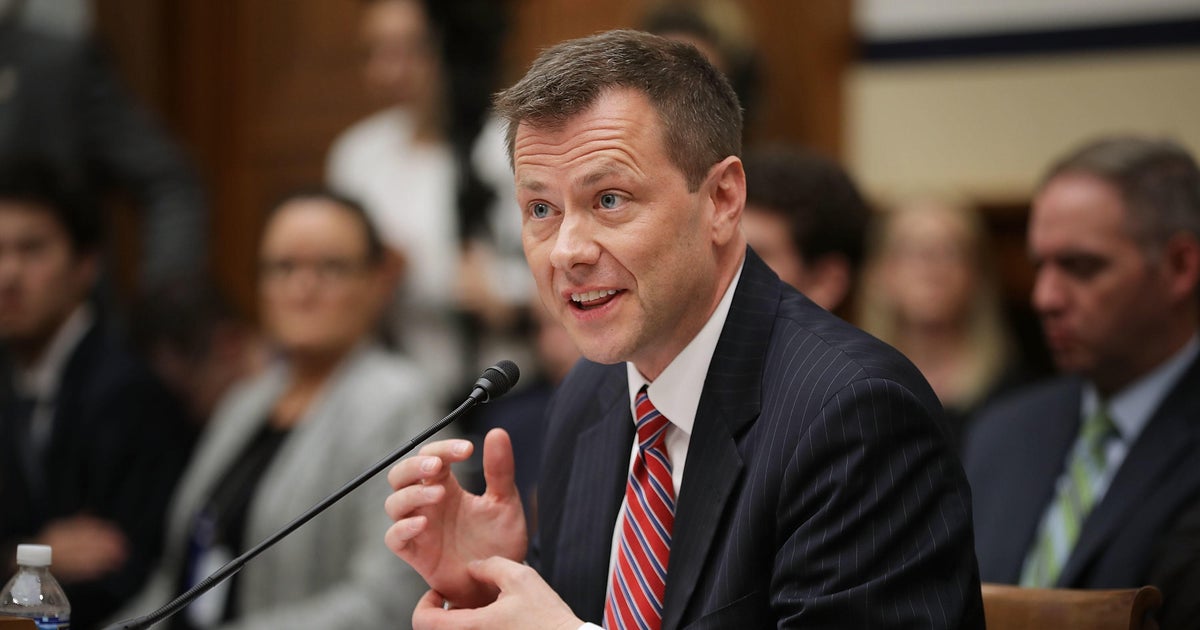Investors push companies to assess their climate risk
It was a big week for corporate announcements tied to climate change and how much investors will be able to calculate its risk for big companies, including energy giants like Exxon Mobil (XOM). As leaders gathered at French President Emmanuel Macron's One Planet Summit to mark the second anniversary of the Paris agreement, companies and countries say they're working to evaluate risk tied to the agreement's goals, even as President Donald Trump pulls out of the agreement, making the US an outlier.
On Tuesday, Exxon succumbed to investor pressure and stopped blocking a shareholder resolution asking the company to disclose what kinds of risks, including at its main oil business, are tied to climate change.
Will more companies follow? Several investor groups hope so.
The resolution from New York state's pension plan asked Exxon to analyze and quantify how rising temperatures affect its businesses. It ties the quantification to the 2015 Paris Agreement's goal of restricting global temperatures to no more than 2 degrees Celsius above pre-industrial levels.
And a group called The Task Force on Climate-Related Financial Disclosures (TCFD), established in June to develop standard financial risk disclosures for companies, announced it had more than doubled its corporate membership to 237 members that have a combined market value of more than $6.3 trillion.
A report from KPMG, the accounting firm, earlier this week found that 52 percent of the largest 250 companies in the world don't acknowledge climate change as a financial risk in their annual reports. And 79 percent of 4,900 companies the firm assessed don't provide such statistics.
"Of the minority that do acknowledge climate risk, very few attempt to quantify or model the business value at stake," the report said. "The statistics support the need for initiatives" like the TCFD.
"Why aren't companies disclosing climate information? Most have never had to before, and there are no widely established processes for the scenario-based climate risk reporting that the TCFD recommends," Katherine Blue, KPMG's US sustainability services leader, wrote in a recent blog post.
The TCFD was formed by the Financial Stability Board and a group led by former New York City Mayor and billionaire Michael Bloomberg as well as Bank of England Governor Mark Carney. That group estimates a transition to a "lower-carbon economy" will cost as much as $1 trillion annually "for the foreseeable future." It also cites the risk to "manageable assets" worldwide of at least $4.2 trillion, and up to more than 10 times that, between now and 2100.
That kind of potential loss is grabbing the attention of the largest asset managers, including pension funds. Another group used the Paris accord's anniversary to announce something called the Climate Action 100+ Initiative. In May, a similar group of institutional investors pressured world leaders to "get the signaling and incentives right to shift the trillions of capital required" to address a hotter planet's impact on economies.
The group released a list of the initial 100 companies it plans to "engage" to pressure, including energy and other companies, and even those that have already taken some steps under the Paris agreements to speed things up.
Climate Action 100+ represents about 225 firms and institutions, led by funds like HSBC Global and Calpers (the California state pension fund system). They say they'll coordinate pressuring companies to disclose more information about the climate change risks for their businesses.
"This united effort sends a powerful signal to companies from investors worldwide, including those right here in the US and Canada, that will help transform the economy to build a more sustainable future for people and the planet," said Mindy Lubber, CEO and president of Ceres and a member of the Climate Action 100+ Steering Committee, in a statement.
Even with all the initiatives, some of the largest asset managers have yet to back shareholder resolutions for more financial disclosure, according to a report released earlier this month from the UK-based advocacy group Preventable Surprises. The Climate Action 100+ group stands apart, Preventable Surprises said this week.
The Climate Action 100+ initiative "isn't like previous ones: Instead of telling governments or companies what to do, this time investors are saying what they will do as stewards," Carolyn Hayman, a board member and climate lead at Preventable Surprises said in a blog post this week. "Potentially this could be a big shift." She added: The change in Exxon's stance "shows how powerful shareholder pressure can be."



